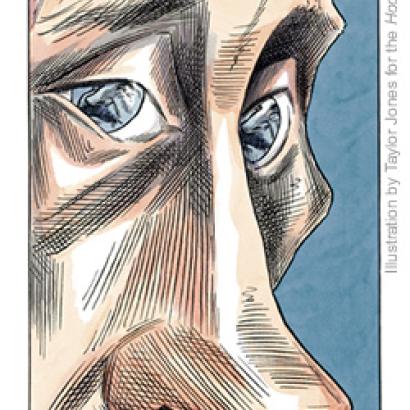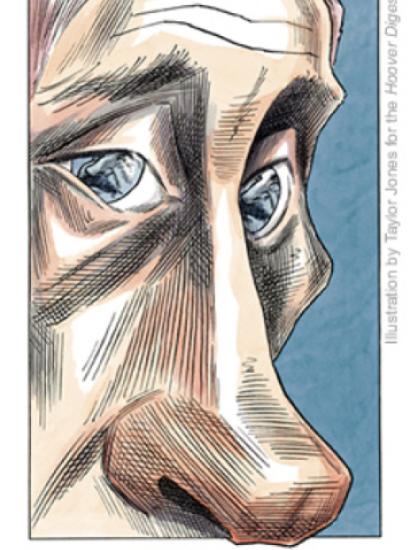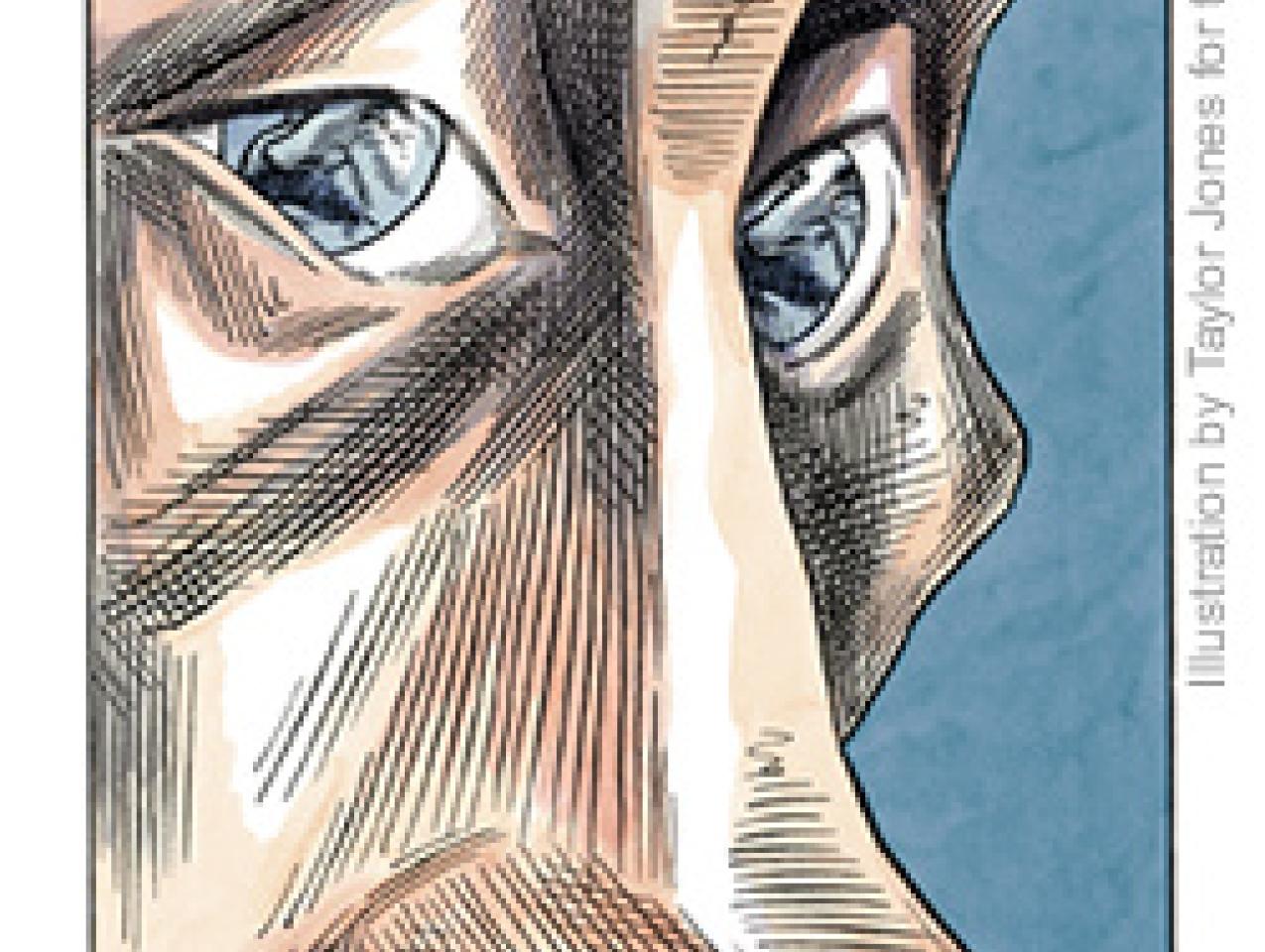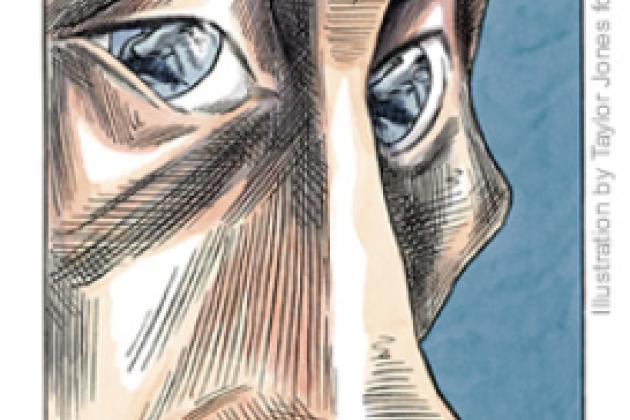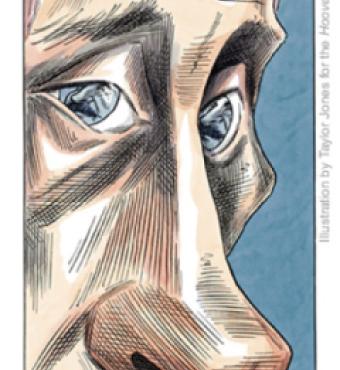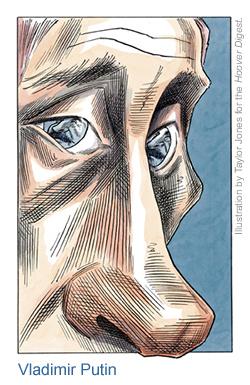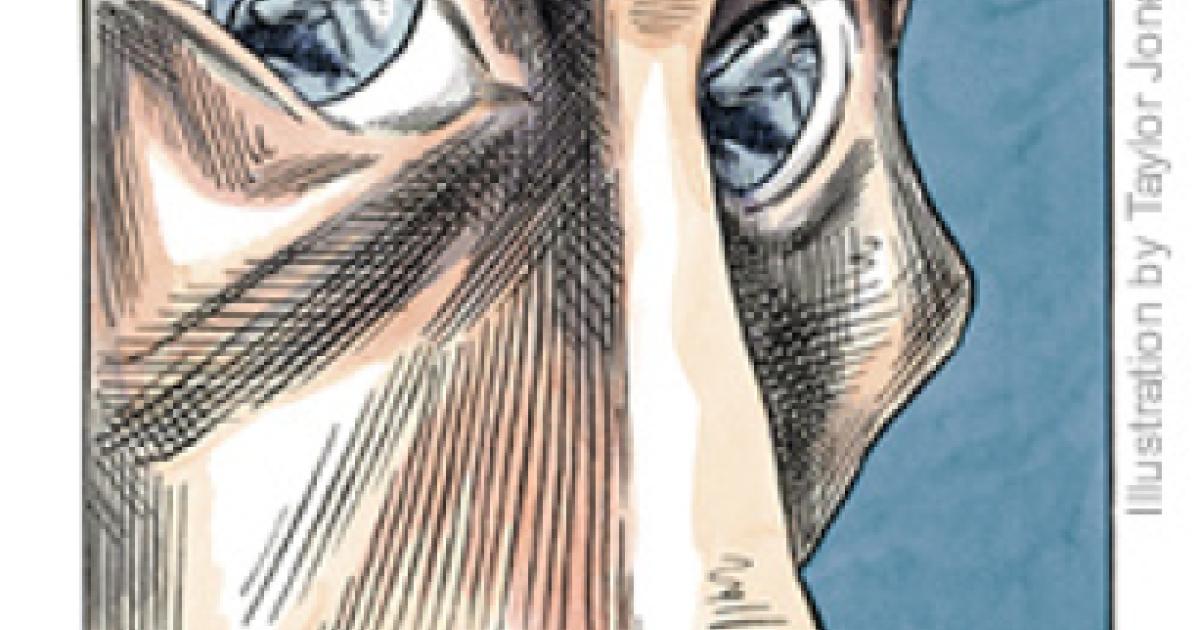- International Affairs
- US Foreign Policy
- The Presidency
- Politics, Institutions, and Public Opinion
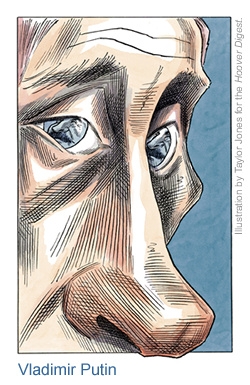
In his second inaugural address, George W. Bush made a full-throated, unabashed pledge to promote liberty throughout the world. Bush had barely stepped down from the podium, however, when “senior administration officials” began to caution that the president’s speech did not signal a change in policy. Television talking heads and newspaper columnists joined the chorus of dismissal, arguing that words don’t matter. The president, evidently, was simply performing an empty ceremony when he called for the spread of freedom.
Words by themselves, it is true, are never enough. To make his commitment credible, Bush must now execute a strategy for achieving his noble end. Yet words do matter, especially when spoken by the president of the United States. When chosen carefully and reiterated consistently, a president’s words can be part of a strategy for promoting freedom. Autocrats around the world listen and get nervous. Democrats around the world listen and get inspired.
Words are especially meaningful when they are hard to say. The first big test of Bush’s commitment to his liberty doctrine in the second term came when he met Russian president Vladimir Putin in Bratislava, Slovakia, on February 24. Calling for freedom’s advance on Inauguration Day is one thing; saying the same to Putin a month later was another, and a much more difficult, thing.
In prior meetings, Putin and Bush seem not to have spent much time discussing liberty. Earlier, this omission had a strategic justification, however flawed. Throughout Bush’s first term, “realists” on his team claimed that Russian-American relations were best served when we checked our values at the door. Our relations with Russia, so the argument went, were so important to our vital security interests that President Bush should avoid talking about freedom and democracy when meeting with his Kremlin counterpart and instead focus the dialogue on the global war on terror or nonproliferation.
This argument was shortsighted and flawed. In the long run—even in the medium run—coddling dictators backfires. Only a democratic Russia will be a reliable partner for U.S. foreign policymakers and American businesses. Only a democratic Russia will be able to build a legitimate state capable of fighting terrorism on Russian soil and thereby contributing to the global war on terrorism. Only a democratic Russia will stop threatening young democracies in nearby Ukraine and Georgia.
But now, after Bush’s speech, the “realist” argument for ignoring Putin’s rollback of democratic practices in the name of national security interests can only undermine Bush’s credibility. Bush made clear that he planned to promote liberty in every pocket of the world—surely including the largest country of all.
In Bratislava, Bush did again talk about the importance of freedom. It was understandable that, with Putin by his side, Bush would not make too strong a public statement. But he went out of his way to cite Putin’s own stated commitment to democracy and reaffirmed that, for him, Putin is always a man of his word. Perhaps that was to put Putin on notice that Bush expects the Russian president to live up to any commitments he made regarding democracy.
And whatever Bush said privately in Bratislava, to be effective Bush has to let Putin know at every opportunity that he understands, and worries about, Russia’s autocratic drift over the last several years. In fact, Russia is the only major country in the world to experience significant democratic backsliding during Bush’s first term. Arguably, Russia’s increasing authoritarianism is the greatest setback to the third wave of democratization since it began in Portugal in 1974. For a president committed to liberty’s advance, these facts cannot be ignored. The truth has to be told whenever they meet or talk.
Making democracy a focus of their relationship, however, does not require Bush to sever ties with his friend Putin or downgrade other aspects of U.S.-Russian relations. Indeed, Bush might bone up on Ronald Reagan’s second-term approach to the Soviet Union and pursue a dual-track strategy, simultaneously engaging both the Russian state and Russian society. Paradoxical though it might seem, a more substantive agenda at the state-to-state level would create more permissive conditions for Western engagement of Russian society. This is precisely what happened in the 1980s, when Ronald Reagan offered the Soviet regime serious cooperation on strategic matters even as he stood up for America’s democratic principles.
What can Bush offer Putin? The logical place for a grand new initiative is in the nuclear sphere, particularly an acceleration of the dismantling of nuclear weapons. A treaty that defined rules for counting warheads, specified a timetable for their dismantling, included robust verification procedures, made cuts in arsenals permanent, and did not allow demobilized weapons to be put in storage (as is now the practice under the Strategic Offensive Reductions Treaty signed in Moscow in 2002) would show not only the Russians but the rest of the world that the United States is serious about nonproliferation. Bush must also continue to explore ways that the United States and Russia can cooperate in fighting our mutual enemies: terrorists motivated by radical fundamentalism. U.S.-Russian cooperation during the war in Afghanistan was important; what has developed since is less inspiring. Bush must push Putin in areas important to the United States, including Russian support for the Iranian nuclear project, Russian arms sales in China, and Russia’s continued violation of the sovereignty of Georgia and Moldova.
When engaging Putin on this state-to-state agenda, there is no reason that Bush cannot also make the promotion of freedom inside Russia a central theme of their summits. If their relationship has substance in other areas, it will be easier to introduce the “d” word.
In one or two meetings, Bush is not going to be able to persuade Putin to end the war in Chechnya, stop using the law arbitrarily for political purposes, reconsider the decision to appoint previously elected governors, or ease up on the harassment of civil society leaders. But at every opportunity, Bush must continue to convey why he and other democratic leaders see Russia’s current political changes as cutting against the grain of democracy, a system of rule that reflects not only Western but universal values.
In addition to speaking frankly to Putin, there are a number of steps President Bush can take to give his promotion of freedom in Russia credibility:
-
Bush could speak positively about those Chechens willing to negotiate with Moscow about Chechnya’s sovereign status in order to weaken the jihadis fighting inside Chechnya, who care only about promoting Osama bin Laden’s transnational agenda. The recent murder of Chechen leader Aslan Maskhadov makes the prospect of negotiations even more remote, but negotiations must still be promoted, as should greater international monitoring of human rights abuses (on both sides) inside Chechnya.
-
Bush can stop requesting further cuts in the funds provided to Russia under the Freedom Support Act. In particular, funding must be expanded for electoral monitoring organizations and youth movements that played such a critical role in democratic breakthroughs in Serbia in 2000, Georgia in 2003, and Ukraine in 2004.
-
The United States cannot abandon democratic activists in Russia now—before democracy has taken root. When Putin wields the power of the state to silence or marginalize political foes, Bush can stand in solidarity with those under attack.
-
Bush could put America’s diplomatic weight behind the strengthening of the Organization for Security and Cooperation in Europe. Putin wants to destroy this organization, in large measure for the instrumental role the OSCE has played in exposing electoral fraud in post-communist states. As Russia approaches a critical set of elections in 2007 and 2008, a robust OSCE is needed more than ever.
-
Bush could work with other leaders of the four-year-old Community of Democracies to downgrade Russia’s status in the organization. Russia today is not a democracy. To continue to invite Russia to this meeting as a member in good standing undermines the legitimacy of this body.
-
Even if Putin does not listen to him at their meetings, Bush can speak frankly about Russia’s democratic erosion, if only so as not to harm Russia’s democrats. In an interview earlier this year, Bush said, “The American president can speak clearly and be mindful that certain activities can prop up tyrants and cause tyrants to have a legitimacy that they don’t deserve.” In his first term, Bush said he liked what he saw when he peered into Putin’s soul, and he praised the Russian president for his democratic leanings—comments that bolstered Putin’s legitimacy and weakened the cause of democrats in Russia and elsewhere.








